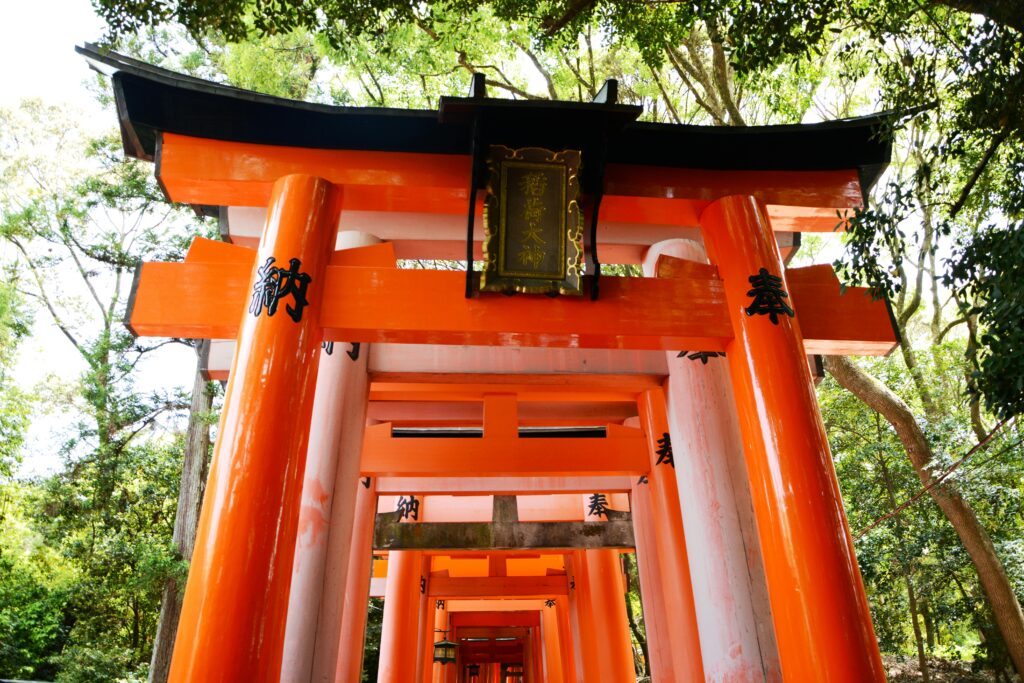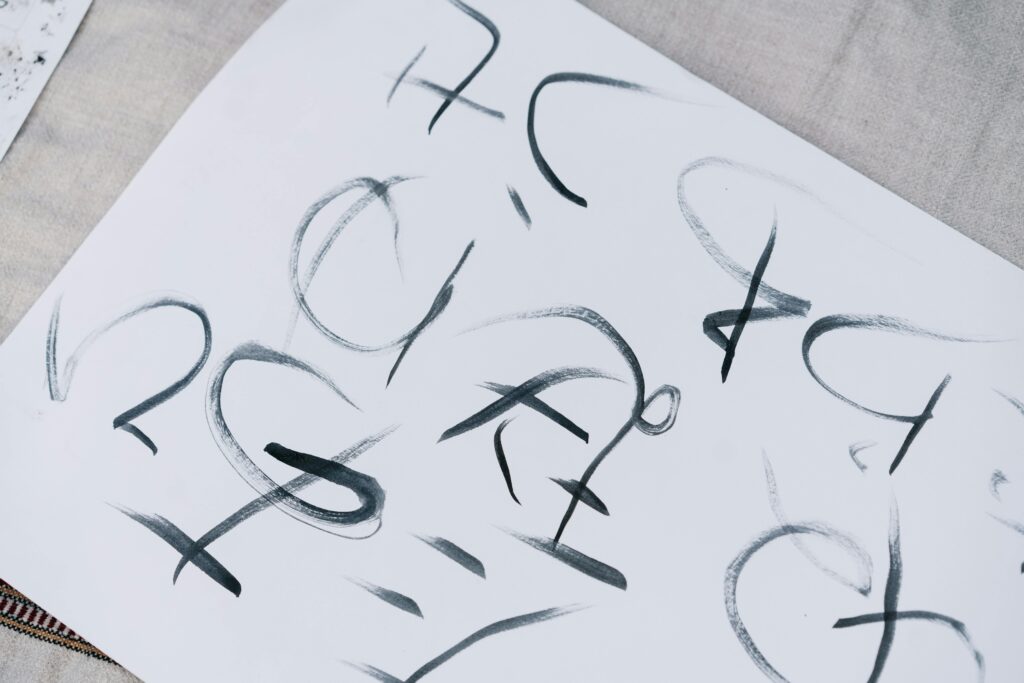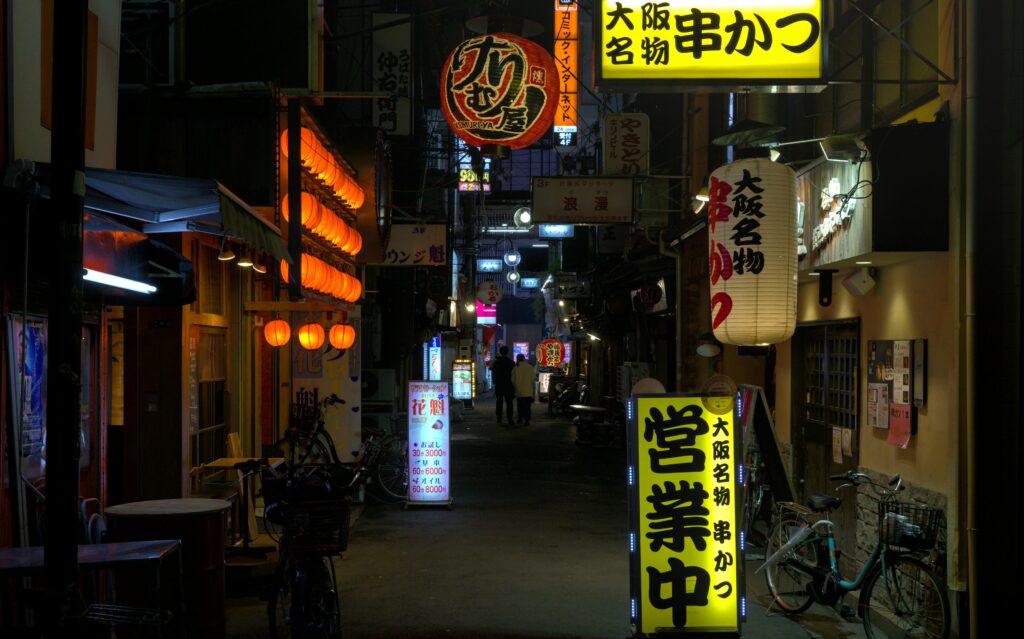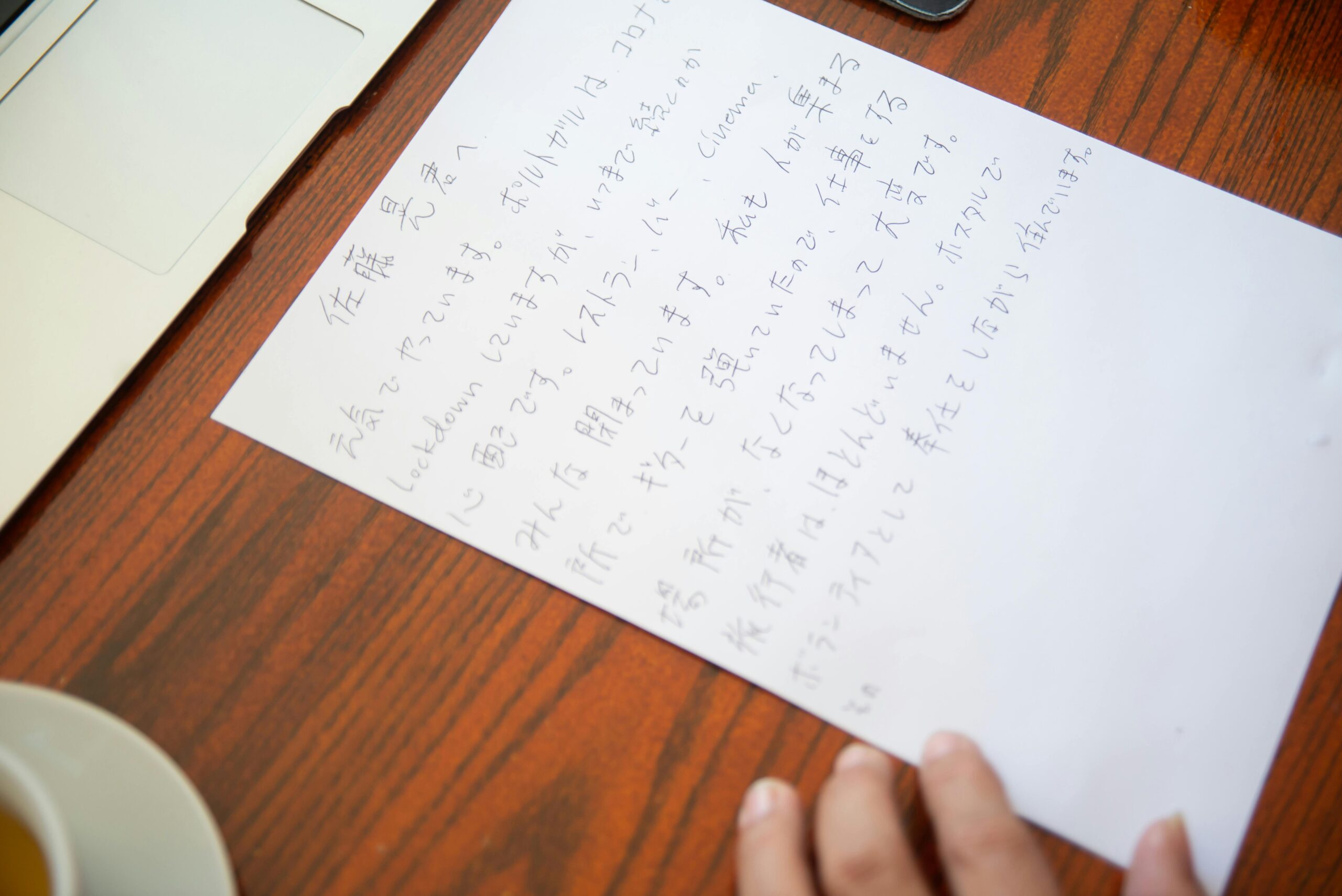The term “woke” has become a powerful word in English, symbolizing social awareness and activism. But can this concept be accurately translated into Japanese? The answer isn’t as simple as finding a direct equivalent—it’s about understanding cultural nuances and language limitations.
Let’s dive into the complexities of translating “woke” into Japanese and explore how similar ideas are expressed in Japanese society.

What Does “Woke” Mean in English?
Originally, woke was just the past tense of wake, but today, it’s widely used to describe awareness of social injustices, particularly regarding race, gender, and systemic discrimination. Being woke means recognizing inequality and striving for a fairer society.
But this concept is deeply rooted in Western cultural and historical contexts, which makes translation tricky.
Why Is “Woke” Hard to Translate Into Japanese?
The Japanese language lacks a single word that fully captures the essence of “woke.” Direct translations like 目が覚める (me ga sameru, “wake up”) don’t carry the same meaning in a social or political sense.
Instead, Japanese speakers rely on alternative expressions and explanations to convey the idea of social consciousness.

How Japanese Express “Woke” Concepts
Since there’s no direct equivalent, here are three common approaches to translating or explaining “woke” in Japanese:
- Descriptive Phrases
- Phrases like 社会問題に敏感な人 (shakai mondai ni binkan na hito), meaning “a person sensitive to social issues,” are often used to describe someone who is socially aware.
- Another term, 社会意識が高い (shakai ishiki ga takai), means “having high social awareness.”
- Loanwords & Katakana
- Japanese frequently borrows English words using katakana, but “woke” is not widely used in Japanese media or conversation.
- Unlike words like “diversity” (ダイバーシティ) or “inclusion” (インクルージョン), which have been adopted into corporate and social discussions, “woke” hasn’t made the same impact.
- Contextual Explanation
- In journalism or literature, woke may be used with a detailed explanation to ensure clarity.
- Rather than using the term itself, Japanese media often describe the concept through discussions on diversity (多様性, tayōsei) and inclusion (包摂, hōsetsu).
Why Japan’s Approach to “Woke” Is Different
Japan’s social and historical context differs from that of the English-speaking world. Issues like racial discrimination, gender equality, and LGBTQ+ rights exist in Japan, but they are often discussed differently.
Rather than a singular term like woke, discussions tend to focus on specific movements or policies related to human rights and societal change.
For example:
- Feminist discussions may use the term ジェンダー平等 (jendā byōdō, gender equality).
- Diversity efforts in workplaces use ダイバーシティ (daibāsiti, diversity).
- Social justice discussions often focus on 人権 (jinken, human rights).
Since Japanese society tends to avoid confrontation in public discourse, the direct, activism-driven tone of woke does not have a perfect counterpart.

Common Questions About Translating “Woke” into Japanese
1. Is there a direct Japanese translation for “woke”?
➡ No, there is no single Japanese word that fully captures the meaning of “woke.” Instead, people use descriptive phrases or explanations.
2. Has the word “woke” been adopted into Japanese as a loanword?
➡ Not widely. Unlike words like “diversity” or “inclusion,” “woke” is rarely used in Japanese.
3. How do Japanese media handle the term “woke”?
➡ Japanese media often explain the concept rather than directly translating the word. They use terms like 社会意識 (shakai ishiki, social awareness) or 人権問題 (jinken mondai, human rights issues) to describe similar ideas.
4. Are there Japanese words that mean something close to “woke”?
➡ Some similar expressions include:
- 社会問題に敏感 (shakai mondai ni binkan, sensitive to social issues)
- 社会意識が高い (shakai ishiki ga takai, having high social awareness)
- 意識が高い系 (ishiki ga takai kei, someone who is highly aware—though sometimes used sarcastically!)
Final Thoughts: Can “Woke” Ever Be Fully Translated?
Language and culture are deeply connected. While woke has a strong presence in English-speaking societies, Japan approaches social issues differently, using its own set of expressions and frameworks.
Rather than trying to find a direct translation, the best way to express woke in Japanese is through contextual explanations and descriptive phrases.
As global conversations around social justice evolve, it will be interesting to see whether Japan develops its own version of “woke”—or if it simply continues to engage with these ideas in its own unique way.
Sources The Japan Times


